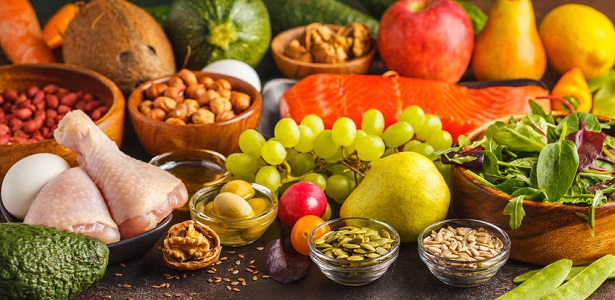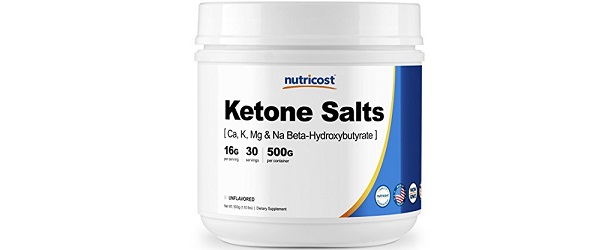
What To Expect On A Ketogenic Diet
You may have heard many health experts talk about the ketogenic diet and praise it as the ultimate formula for weight loss. But, what exactly is it all about? A ketogenic diet is a low-carb diet that limits the intake of carbohydrates and places emphasis on foods that are rich in protein and fat.
During the ketogenic diet, the body burns fat to produce energy. The body produces small molecules called ketones. The way to produce ketones is to eat a limited amount of carbs and moderate amounts of protein.
Ketones are produced from fat in the liver. Thereafter, ketones are used in the body and the brain as fuel. The brain cannot function solely on fat, it needs the ketones for energy. When you are on a ketogenic diet, your body transitions to a fuel supply that functions mostly from fat. The quickest avenue to reach ketosis, when the body produces ketones, is by fasting.
People use low-carb diets mostly for weight loss, but it has other health benefits such as reducing type 2 diabetes risk factors, as well as metabolic syndrome.
Which Foods To Eat On A Ketogenic Diet?
To reach ketosis, the most important thing that you need to do is limit your intake of carbs. The recommended intake of daily carbs is below 20 grams.
- Meat
- Eggs
- Cheese
- Vegetables
- Fish and seafood
- Natural fats
You should avoid foods such as bread, juices, beer, pasta, and candy. When it comes to drinking, you should consume only coffee, tea, water and red wine.
What To Expect?
- The biggest benefit of being on the ketogenic diet is losing weight, obviously. In order to achieve any weight loss, you will have to limit the number of calories that you consume and make sure that you are highly active. Health experts have advised you to reduce 500 calories on a daily basis. When you reduce the intake of carbs and calories you lose weight, and fat helps you to feel full for a longer period, thereby, you eat less frequently.
- The other benefits of being on a low-carb diet are linked to your health. Studies have proven that a low-carb diet can prevent or improve certain health conditions such as diabetes, high blood pressure, metabolic syndrome and cardiovascular diseases.
- Research has also shown that low-carb diets are able to improve high-density lipoprotein cholesterol more than other carb diets.
What Are The Risks?
If your body is used to a certain amount of carbohydrates on a daily basis and then you drastically lower the amount, your body may have an adverse reaction. Some of the most common symptoms of being on a ketogenic diet include bad breath, headache, skin rash, fatigue, and constipation or diarrhea.
Since the intake of carbohydrates is very restricted, you may experience a deficiency in vitamins and minerals in the long haul, as well as increase the risk in several chronic diseases. For you to remain healthy, you need to choose foods that contain healthy unsaturated fats and healthy proteins.
TOP 5
KETOTreatments |
|||||
| Approved Science Keto | Sports Research Keto+ Plus | Giant Sports International Giant Keto | Key Nutrients Key Keto | Vaxxen Labs Keto1 | |
|---|---|---|---|---|---|
| 1 | 2 | 3 | 4 | 5 | |
| Price (1 bottle) Price (6 bottles)best value |
$49.95 $139.70 |
$50.00 $300.00 |
$29.99 $179.94 |
$49.94 $299.64 |
$69.99 $419.94 |
| Overall Rating | 99.35% | 95.40% | 92.60% | 90% | 88.70% |
| Effectiveness |





|





|





|





|





|
| Speed of Results | Extremely Fast | Good | Good | Average | Slow |
| Quality of Ingredients | Premium | Good | Average | Average | Average |
| Customer Satisfaction Evaluation | 99.40% | 95.30% | 92.50% | 90.40% | 88.73% |
| Safety Evaluation | Safe for Use | Safe for Use | Safe for Use | Safe for Use | Safe for Use |
| Customer Service Rating |





|





|





|





|





|
| Reorder Rate | Highest | High | Good | Average | Average |
| Return Policy | Risk Free | Risk Free | Risk Free | Risk Free | Yes |
| Success Rate | 99.40% | 95.35% | 92.55% | 90.20% | 88.60% |

 Subscribe Now
Subscribe Now











